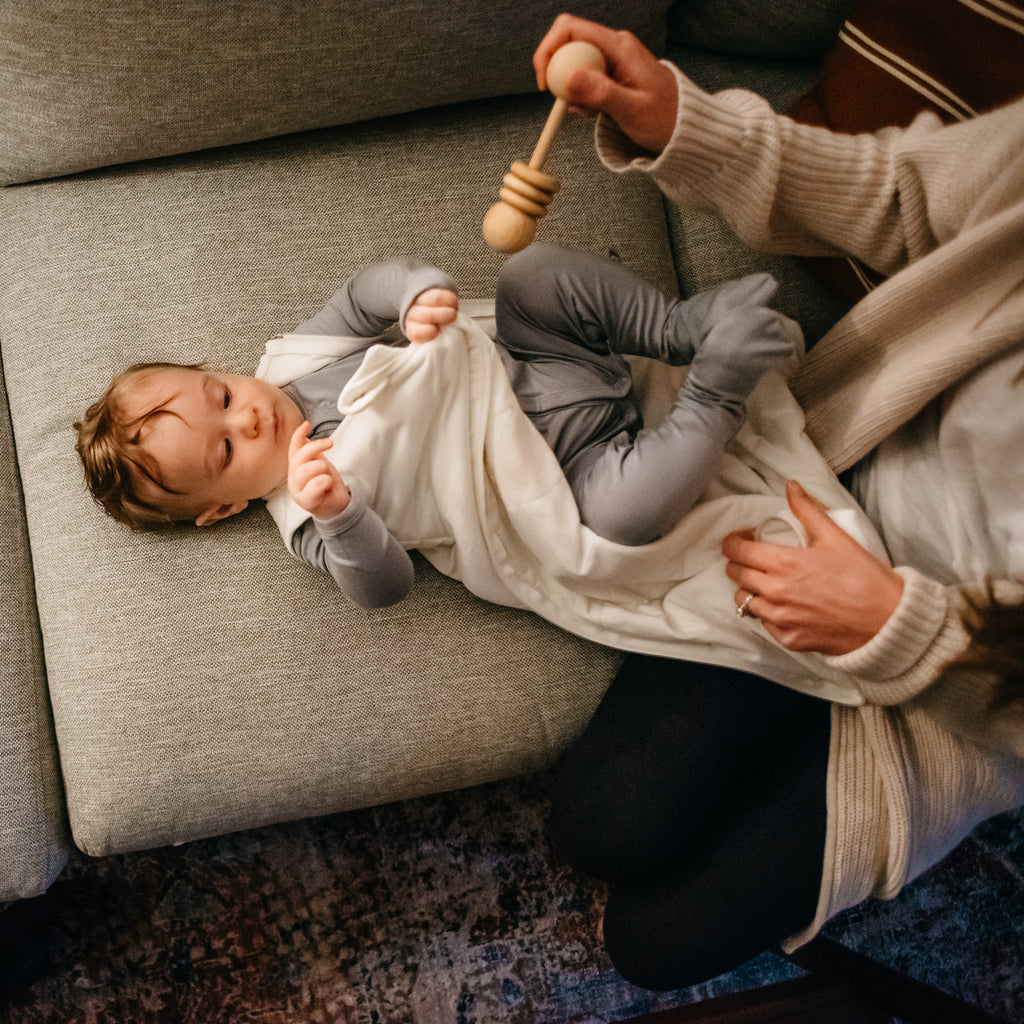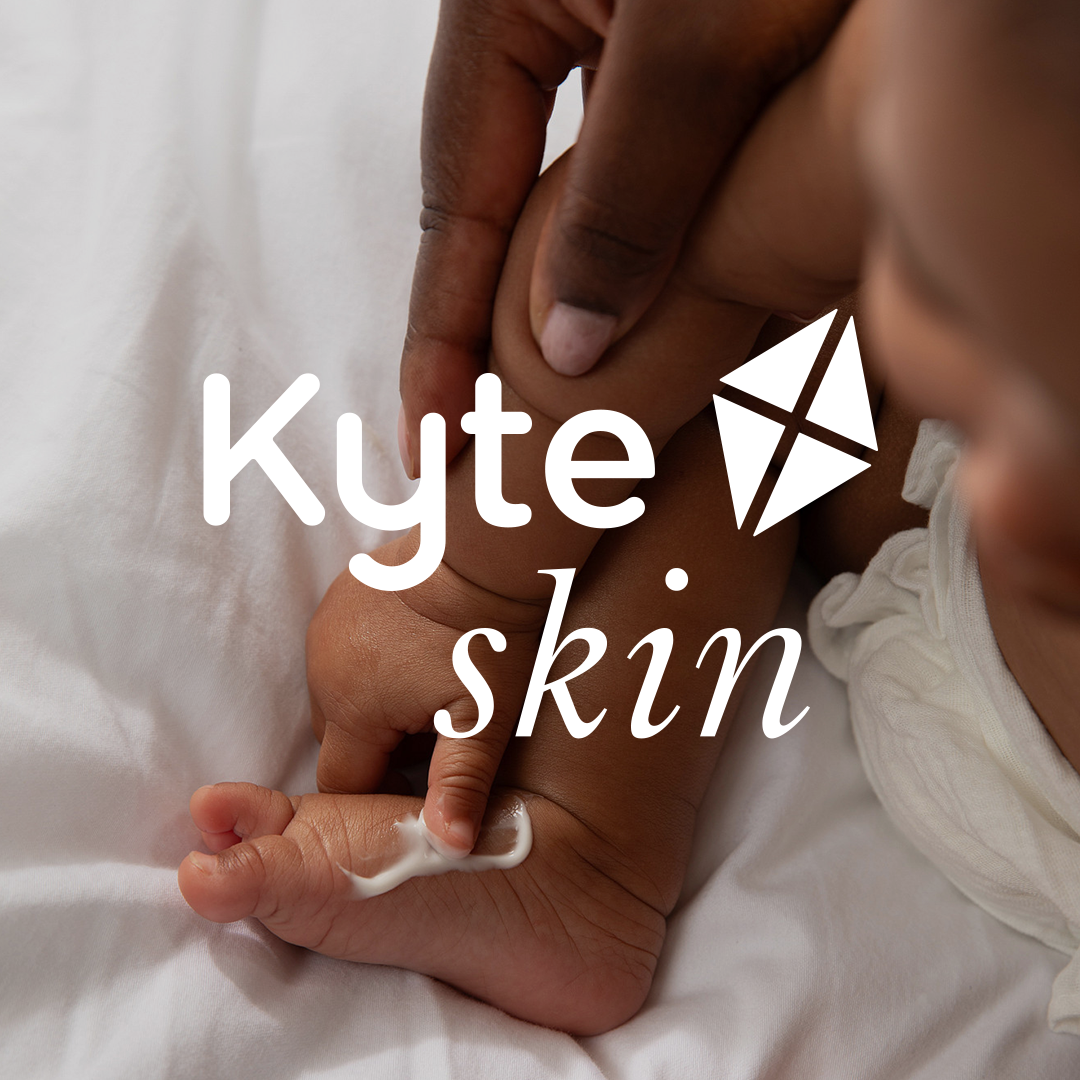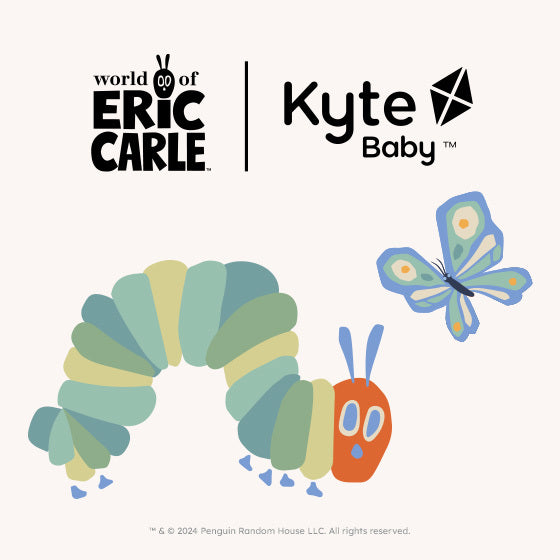
Nap time is a sacred time in most households! A time to either relax, get things done from your to do list, or get some much needed quiet snuggles in with your little one.
But in order for you to enjoy that time, your little one needs to love nap time too and actually take a nap! How in the world do we make that happen so you quit wondering why baby won’t nap?
I do have a disclaimer that this is all very general information and a starting point to start troubleshooting naps. Please know that naps can take longer than night sleep to develop and short naps are both common and normal for babies under 5 months of age.
We will go through a handful of possible reasons why baby won’t nap in crib, but also tackling things like:
- A nap routine
- Nap schedules
- How to get naps to happen in the crib
- Napping on the go
Here are some reasons my baby won’t nap:
- Schedule related (undertired, overtired, too much day sleep/too much night sleep)
- No routine signaling sleep time
- Sleep environment keeps them from falling asleep or staying asleep
- Developmental (learning a new skill?)
- Nap transitions
- Hunger
- Sleep associations
I also wanted to share this study that shows even a short nap is beneficial for a baby, so do not be too discouraged if your baby won’t nap for long periods of time;
“Our findings show that without a short period of sleep infants have problems remembering a newly seen face, that sleep enhances memory consolidation from a very early age, highlighting the importance of napping in infancy, and that infant sleep spindles may be associated with some aspects of cognitive ability.”
Schedule/timing is not right

Let’s over schedule related first, because this is the most common issue for my baby won’t nap for more than 30 minutes!
Nap schedules are evolving and changing, more in that first year of life than any other time. They go from needing quite a bit of sleep as a newborn, to hours less at 12 months old.
From a newborn taking 5-7 naps a day, to taking 1-2 naps a day at 12-18 months is quite a big jump!
Awake times change from 45 minutes to up to 4-5 hours at a time. Those changes are not overnight, but not being mindful of when sleep needs change can leave you wondering why won’t my baby nap?!
For an undertired baby, this is pretty self explanatory. They just are not tired enough to sleep. They may be throwing out all sorts of sleep cues and still just will not nap!
Sleep cues are semi-reliable, meaning they tell us a little bit but not a lot sometimes. So they may be “tired” but not “tired enough” to take a good nap. If, for example, they always show cues of needing a nap at 1.5 hours of awake time, then they take a short nap, but you were able to push to 2 hours of awake time and they sleep for 1-2 hours, then it is worth pushing past some of the cues in order to fill their sleep tank up enough to take a nice, long, restorative nap.
Take a look at your schedule; as your little one gets older, they will need more awake time between their naps and bedtime in order to build sleep pressure.
In Psychology today, they found that “Several factors determine sleep drive. The first of these is the homeostatic drive that builds steadily across the course of the day. This drive is based on the length of wakefulness. The longer one is awake, the greater the drive to sleep becomes”
So if their first nap is starting too close to their morning wake up, or their previous nap is happening too close to their next nap, then spacing things out makes sense!
On the other hand, your baby may be too tired to nap, also known as overtired. An overtired baby gets a “second wind” from cortisol that keeps them going. Cortisol does the opposite of helping them relax and fall asleep!
That is why an overtired baby is much harder to settle to sleep and stay asleep. Their little body is not able to relax and seamlessly transition sleep cycles.
Overtiredness could be from a few different things: missing a nap, lots of interrupted night sleep, up early in the morning or too late of a bedtime.
The key for preventing overtiredness is having really good timing and healthy sleep habits! Good, consolidated night sleep can definitely improve your nap lengths. It is true, sleep begets sleep!
But how do you know if they are undertired or overtired? Experiment! Assess, do not obsess!
Let’s say you are using 2 hour awake times and baby naps for 30 minutes. Do they wake up happy or mad? This is not always a good measure for wake time length, but an okay starting point.
If you pull back on the awake time and your baby sleeps for 45 minutes, then yay! That is okay!
If you push the awake time by 15 minutes and you baby sleeps for 1 hour and 30 minutes… then you found the ticket!
Should you use by the clock nap schedules?
That depends! A lot of babies are sensitive to awake times and can have trouble sticking to specific times on the clock. I say keep one eye on the baby and one eye on the clock.
If you do not think they will make it to their scheduled nap time, then it is okay to put them down a little early. If they do not nap well when you do that, then it is worth pushing through to nap time in order to get a better nap sometimes. Or not, whatever your sanity can take!
Having a by the clock nap schedule starts with a consistent morning wake up time. That is because then, your morning nap will happen at roughly the same time each day.
That nap always stabilizes first (well, for the most part) because their body has been primed to sleep at that time.
Once that nap stabilizes, the next nap follows and so forth. Again, it all comes back to that consistent morning wake up time!
Having a wide variance in morning wake up and nap times leads to chaos sometimes and our bodies not knowing when we should be eating, sleeping, or pooping! (haha, the last ones are jokes.)
Again, some sleep is better than no sleep, “In the present study, we demonstrate, for the first time, long-term effects of sleep on memory for an artificial language. Fifteen-month-old infants who had napped within 4 hours of language exposure remembered the general grammatical pattern of the language 24 hours later.
In contrast, infants who had not napped shortly after being familiarized with the language showed no evidence of remembering anything about the language. Our findings support the view that infants' frequent napping plays an essential role in establishing long-term memory.”
Maybe the schedule is not the problem, but what about a routine?

So what if the schedule is great, but maybe you do not have a nap routine in place? Having
routines before sleep cues your little one that sleep is coming. After all, they cannot just consult their watch to know it is nap time like we can!
Similar to a baby bedtime routine, you will create a simple nap routine that signals a nap is coming.
Where a bedtime routine is maybe 30 minutes long, a nap routine would be around 5-10 minutes long. Nothing long and drawn out, just enough to know that sleep is approaching.
It should be soothing and calming to even the most wired little one! Remember that transitioning from play time to sleep can be very difficult for our babies.
But also know that what is in the nap routine is less important than actually doing the nap routine each day!
An ideal nap routine might look something like:
- Go into their room (so leave the “fun, play” area)
- A quick diaper change if needed
- Read a book or two
- Put them in their sleep bag
- Turn on their white noise
- Close their curtains/blinds
- Rock and sing a sleep song
- Into their crib for their nap
Anytime you consider creating a sleep routine, you will want to make sure it is simple enough to be sustainable and that anyone can repeat it if necessary!
Next up, sleep environment
If you’ve checked off the boxes that their routine is good and timing is on point, then we need to double check their sleep environment!
Babies are not motivated sleepers, and definitely are not during the day. This is because the drive to sleep is fairly low.
They do not have sleep hormones during the day like they do before bedtime and during the night. That makes napping much more difficult than sleeping during the night.
This is why so many little ones struggle with naps but sleep great during the night!
Since they are not very motivated to sleep, then that means anything they see can become a distraction-- meaning it is more fun to look at things then it is to sleep.
Having a dark (and I mean like as dark as a cave) room can help your baby get past the “my baby won’t nap more than 30 mins” phase.
If it is dark, what about white noise? White noise infant sleep drowns out the household noises (and siblings) that may wake your baby unintentionally during a nap. Or, if they do wake up, they have trouble going back to sleep because they want to be part of the fun!
Are they too hot or too cold? Ideal room temperature is 68-72 deg F, but if the room is warm and they are dressed too warm, then they may be too uncomfortable to sleep well.
Are they learning something new?
If this is the case, then breathe a (small) sigh of relief because this one is sort of out of our control!
Developmental milestones interrupt sleep and can make you think baby won’t nap because the brain prioritizes integrating and mastering that skill over sleeping. Their little brains are just too busy working to shut things down for sleep.
One thing you can do is to give lots of free floor time during the day to practice any of their skills. The quicker they become proficient at a developmental skill, the less interesting it is to practice when they should be sleeping.
Cognitive leaps also affect sleep for the same reason, so even if they are not practicing a new skill, learning new words or making more connections like problem solving, object permanence, cause and effect all affect sleep.
To find out if your little one is in the midst of a baby sleep regression, then read about regressions by age here.
Is it time for a nap transition?
Nap transitions happen frequently throughout the first year; like every few months, unfortunately. It is typical to drop from 4 to 3 naps between 4-5 months, 3-2 naps between 6-9 months, and 2-1 nap between 12-18 months.
So, for example, if you have a 5 month old on 4 naps, then short naps could be because they need to drop a nap, lengthen some of their awake times, and bring bedtime a little earlier!
Is your baby waking up because they are hungry?
I do not find this to be the case very often as their brain makes awakenings, not the stomach. But if you are not getting full feedings during the day, then they may want to eat more often, which can lead to a short nap.
Once your child is going longer between naps, and they may not have started eating solids throughout the day, then you may need to offer a feeding about 45 minutes before the nap; that way they have time to digest (especially if they have reflux) before the nap.
Then if my baby won’t nap more than 30 minutes even with the feeding, then you can rule out hunger!
What if your baby does not know how to fall back asleep?
It is very normal to wake at the end of a sleep cycle. When this happens, we can often return back to sleep if it is needed, most of us without even knowing it occurred.
However, if a baby cannot fall asleep by themselves, then when they wake up from a sleep cycle, they may not be able to return to sleep by themselves.
If you rocked them to sleep, placed them in their crib, and they woke up crying shortly after, then the transition from sleeping one place and waking in another was likely disorienting. If you hold your child for an entire nap and they are able to sleep for a longer period of time, then it is not likely that they are waking from hunger, sleep environment, lack of routine, or poor timing.
It is more likely that they just do not have the skills to return to sleep if we have ruled out all of the other possible reasons.
So what does that mean? Usually, this means they would need or benefit from some sort of sleep training. That does not mean you have to leave them to cry it out.
It just means that we would need to support them in falling asleep in their sleep space at the end of their routine. Then, if they wake after 30 minutes, we would support and encourage them to fall back asleep with a sleep training method.
I do find it is beneficial to learn this skill at bedtime first before applying to naps. This is because of the drive to sleep; it is higher at night with sleep hormones so it is easier to learn to fall asleep independently then and apply the skill to nap time later once it is mastered.
I find it can be more frustrating for parents to try independent naps; but of course every child is different so find what works best for your family!
Napping on the go
What if my baby won’t nap more than 30 minutes anywhere!? That can be normal and not something that we can always control.
Just like adults, not every baby will sleep well outside of their ideal sleep environment. I only sleep well in my own bed whereas my husband can sleep pretty much anywhere, even if the kids are bugging him ;).
Babies have personalities and preferences too! But here are some ways that may help your baby nap better on the go:
-
Practice makes perfect; and I mean the more often you try a nap on the go, the more your little one will accept it. This may be more applicable to families with more than one kid. Because you are more likely to have to leave the house to accommodate an older sibling!
Now, I do not mean that every nap should be on the go (because they are not the same quality of sleep), but it is totally okay to practice it some of the time -- think of the 80/20 rule! 80% of the time sleep happens at home in their ideal sleep space and 20% happens elsewhere.
-
Keep baby active before you need them to nap; this will help them wind down after getting all their energy out.
-
Portable white noise is helpful and wearing them at the same time. A lot of babies cannot resist that combo! Some will prefer the stroller instead. Whatever works; some sleep is better than no sleep!
-
Plan around naps, like leaving the house 5-10 minutes early for a nap to happen, or planning on the nap to happen when you are heading home can be helpful! Maintaining their normal “schedule” while napping on the go will pay off!
- Try not to interact with a baby who is close to/should be falling asleep
Takeaways from baby won’t nap in crib
- Find out exactly what is going on; start logging sleep, not trying to just remember and recreate from day to day. Keep a very specific log to find trends! Data is your friend when considering nap timing.
-
Set some nap goals, and by that I mean, consider at least 1-2 naps in the crib a day from a very young age. This is just a good practice to have so they are familiar with their sleep space.
This does not mean that you cannot hold/snuggle your baby for naps. If you want to contact nap for every single nap, then that is totally fine! If you need to put your baby down and have some arms free time, then there is no shame in that either.
- Start to organize the day; if you have a very young baby, then you do not want to see multiple sleep cues before you are putting them down for a nap. They have a very low threshold for overtiredness and very small window of getting them down for sleep easily.
- Have some consistency… most of the time. Don’t feel like you need to run your schedule like a Marine drill sergeant–just try to be consistent.
And for some encouragement, I do find that the most consistency with naps happens when they are on 2 and then 1 nap so try not to rush the transition, but now that there is a light at the end of the tunnel!
Know that you are not alone if you are struggling and baby won’t nap. This is a very common struggle, but one that you can overcome!
AUTHOR: Ashley Olson is a certified paediatric sleep consultant, owner of Heaven Sent Sleep, and passionate about helping new parents, experienced parents, desperate and sleep-deprived parents form healthy sleep habits for their children.
She has over 3 years of experience in working with families and has completed over 150 hours of coursework plus continuing education related to infant and toddler sleep. The focus of her work is on fostering a routine that grows your bond with your child while improving their sleep habits. She specializes in custom sleep plans and one on one support in changing sleep practices!























